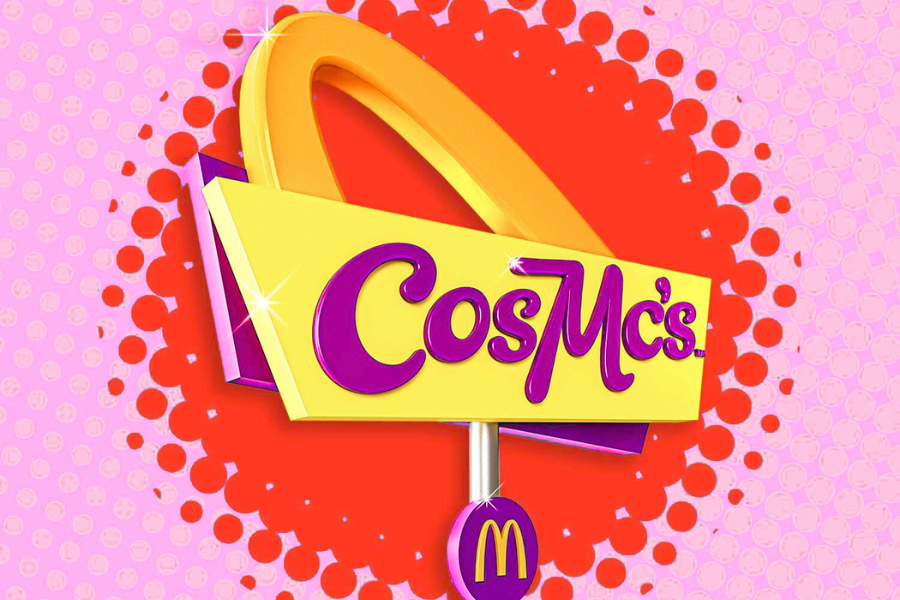There’s something about entertainment revolving around the apocalypse that draws audiences in for more. Perhaps it’s the murky concept of time and preventing inevitable doom that creates a riveting story shrouded with mystery but equipped with the ideal archetypal-channels for action, comedy and romance. Netflix cracked the code for this perfect mix in 2019, releasing the widely popular series, “The Umbrella Academy”, based on the comic series by Gerard Way and Gabriel Bá. The show was a massive success, and producers began working on a second season almost instantly. Despite many similarities in plot structure from the original season as well as underdeveloped character arcs, season two of “The Umbrella Academy” still proves to be a marvelous melting pot of Hollywood influences, blending the rhythmic action found in the Kingsman trilogy with the fantasticality of the Marvel Cinematic Universe.
Season one of the show ended in a bang, quite literally. While it was somewhat predictable that the central theme for season two would, once again, be the world ending in a massive explosion, you couldn’t help but hope that a different direction would be taken. In TRL’s review of the first season of “The Umbrella Academy,” we discussed how each individual episode lacked individuality and suffered from eerily similar plots. Unfortunately, season two is no different. While each episode does seem to slowly progress a central plot, it feels more like a tedious 10-hour movie arriving to a painfully obvious conclusion, only to find out that it’s not over yet. However, since there are seven main characters in the series, a unique character arc for each one of them would be difficult to manage, especially in just 20 episodes. This is exactly why unique character arcs are largely absent.
In season one, Ellen Page nailed her role of Vanya in expressing her character’s deep-rooted depression from being neglected as a child. However, it’s the only emotion that seems to be elicited across all 20 episodes of both seasons. Vanya doesn’t seem to ever grow emotionally, creating a disappointingly one-sided character.
This lack of character development also applies to the other characters in the series. Luther (Tom Hopper), remains the same socially-unaware and brutish character he has been for what seems like his entire life. Diego (David Castañeda) never learns to overcome his ego-driven personality and swaggering confidence that ostracizes him from his family. Allison (Emmy Raver-Lampman) seems to have actually regressed as a character, losing her conflicting emotions and regaling as just the overly-responsible and motherly figure she is. It’s also important to note that throughout the season, she seems in no hurry to be reunited with her daughter whatsoever after being separated, a major pitfall in her character’s personality. Klaus (Robert Sheehan) had a much more compelling character in the first season, from overcoming his confining drug addiction, to cradling his dead lover in the midst of war, to even catching a glimpse of his true potential. Klaus was, without a doubt, my favorite character in season one. But unfortunately, he’s fallen into the same trap as the others, going back to being the goofy and irresponsible man-child he was from the very first episode. It’s as if he’s forgotten everything he went through emotionally, going back to being just a one-dimensional hipster whose purpose is plain comedic relief. Needless to say, the characters need work.
Aidan Gallagher’s portrayal of Number Five may very well be the saving grace for this franchise. Despite being the youngest member of the cast and playing the most complex character, Gallagher’s performance was almost flawless. He clearly anchors down the series, balancing both reality and the nonsensical aspects of the plot. As of right now, the two components that can be accredited for the show’s massive success are Sheehan’s sporadic whimsical humor, and Gallagher’s performance.
Another aspect that elevated the series as a whole was the return of the same unique vintage style that was sparsely scattered during the first season, but amplified in season two, partly due to the timeframe itself. Taking place during Kennedy’s presidency and at the heartbeat of the civil rights movement, everything from dress, music, tempo, and even small lighting techniques accurately reflect the early 1960s. While some characters such as Luther remain almost identical in appearance, more flamboyant characters such as Klaus have had a total wardrobe revamp, which is a nice and refreshing touch.
At its core, “The Umbrella Academy” is still an action and time-traveling adventure series, which is why a poor and predictable plot is acceptable, as long as the action is good, which it is. Fast-paced, in-your-face action paired with the right music defines this season and show, and it does not disappoint. When dissected, yes, the plot is repetitive, the characters lack depth, and the show is just overall a bit slow. But in the grand scheme of things, it’s still very much a fun series to binge. Even though the characters haven’t taken on any new characteristics, they often brought some of the best parts of themselves to this season, creating the blend of perspectives that made up the crime-fighting dysfunctional family we fell in love with a year ago. Some of the more awkward moments found within the first season have also been replaced with lighthearted humor that helps drive each episode. It’s a series that doesn’t require much thinking to watch. Instead, it allows you to unwind, relax, and comfortably watch the end of the world unfold on screen, exactly what it was intended to do.
Rating: B+
















